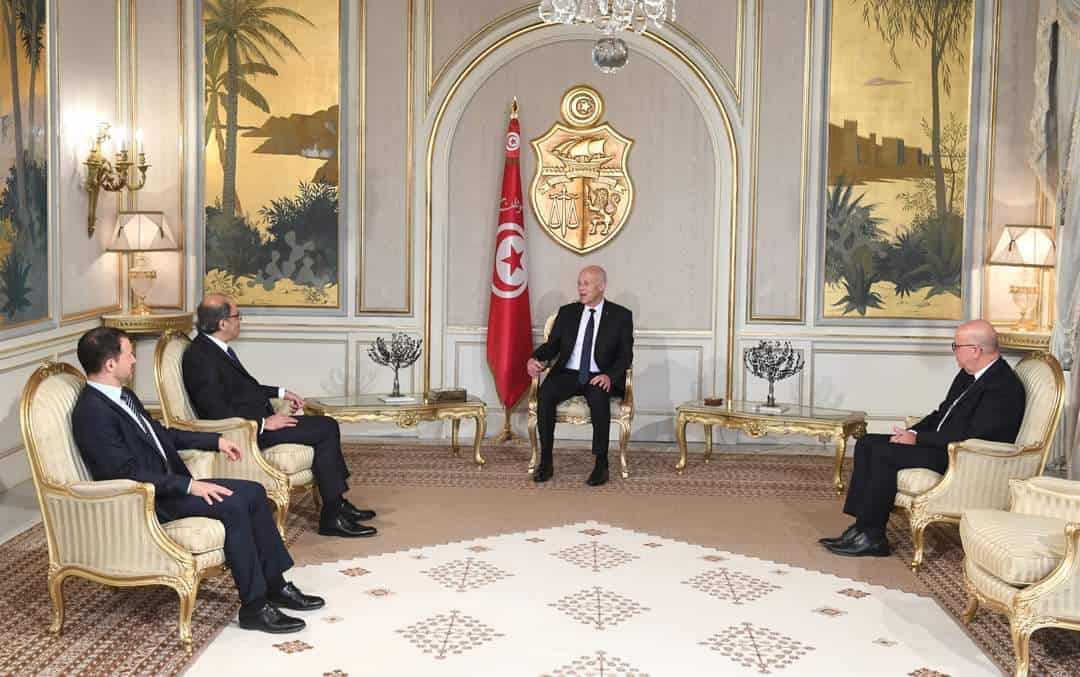The North African country has been in preliminary discussions with the global lender for a new loan to save an economy ravaged by years of high unemployment, inflation, and public debt even pre-dating its 2011 revolution.
Saied met the IMF’s regional chief Jihad Azour on Tuesday, telling him he “recognized the need to introduce major reforms” but insisted that such changes must “take social impacts into account”, according to a statement from the president’s office.
People “have certain rights, such as to health and education, which cannot be made subservient to measures of profit and loss”, he added.
Ahead of formal negotiations that are expected to start soon, the government has presented a reform plan to the global lender that includes a freeze on the public sector wage bill, some subsidy cuts, and a restructuring of state firms.
Tunisia’s powerful UGTT trade union, which staged a nationwide public-sector strike last week to demand pay rises, has warned against “painful reforms” made to please the IMF.
In a video message published by the presidency, Azour said he and Saied had discussed “aspects of cooperation and liaison between the IMF and the Tunisian government as well as future economic developments in Tunisia, the region and the world”.
Tunisia’s central bank chief said in May that a new IMF deal the third in a decade was “indispensable” given Tunisia’s public debt and gaping budget deficit, exacerbated by a spike in energy and food prices due to the war in Ukraine.
An IMF team said in March that the country faced “major structural challenges”, with low growth and investment along with high unemployment and gaping inequality.








